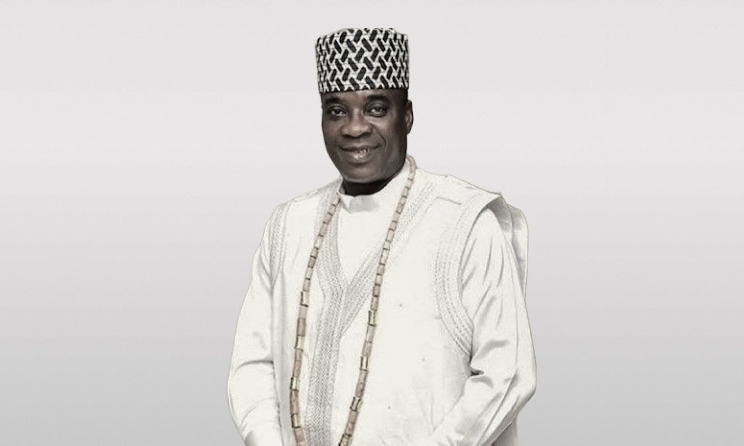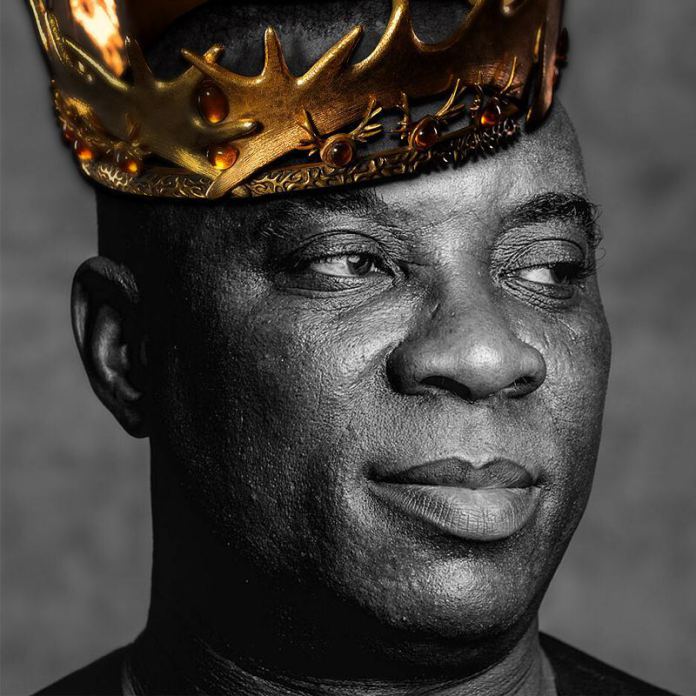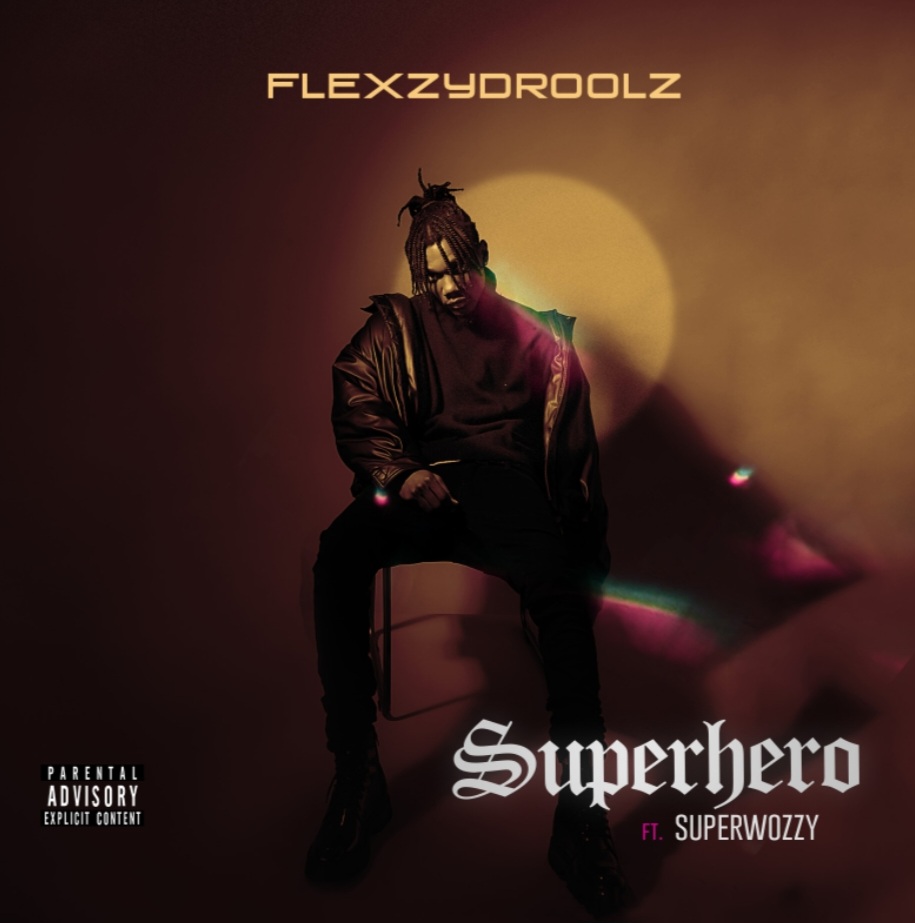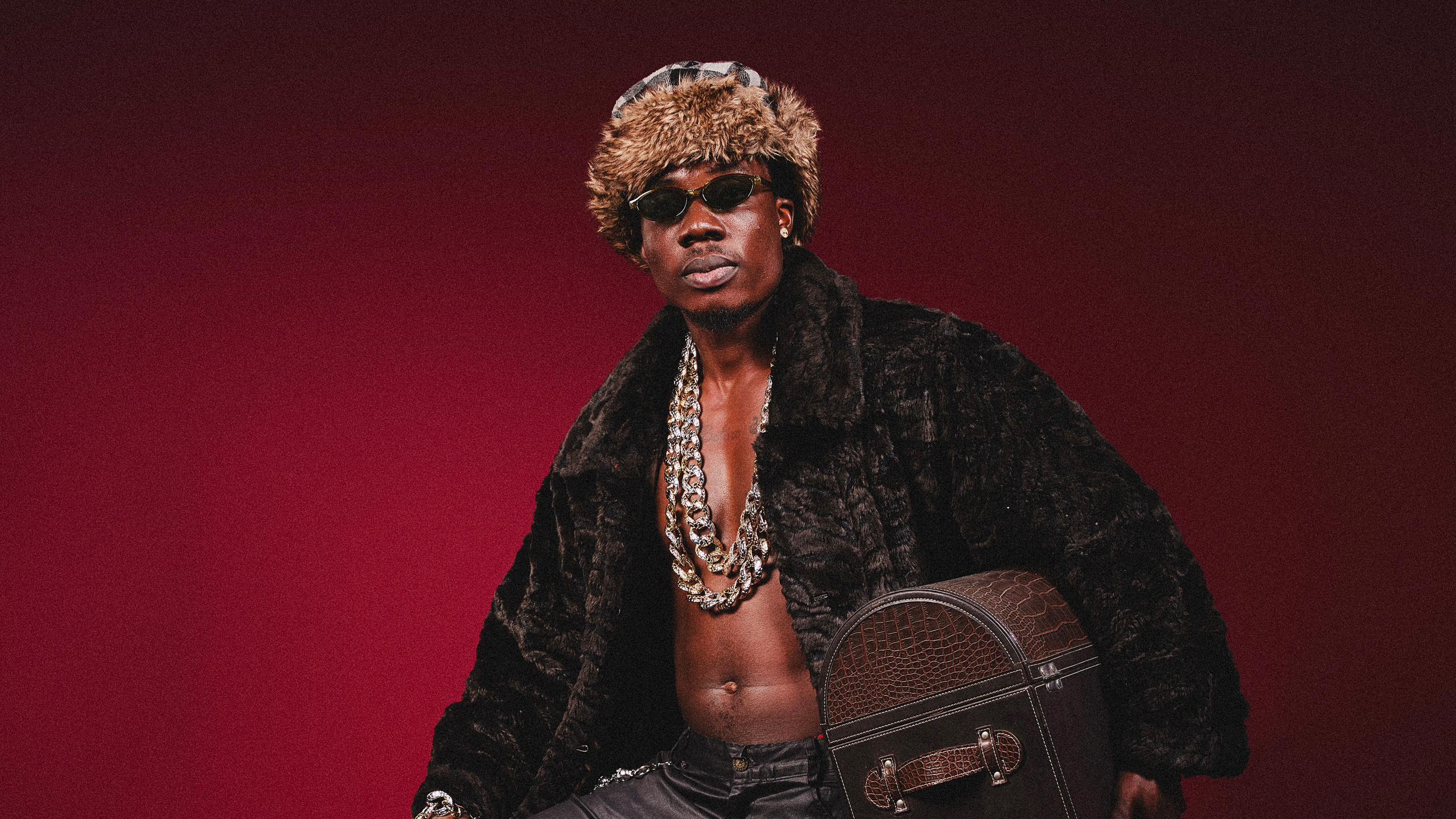K1 De Ultimate has been making headlines lately, and not just for his music. The recent airport incident had social media buzzing about the Fuji king. But while people debate his public moments, there’s a more fascinating story hiding in plain sight: how this 67-year-old legend has quietly become one of the most sampled artists in Nigeria, providing the cultural backbone for today’s biggest Afrobeats stars. In an industry obsessed with the next big sound, Wasiu Omogbolahan Olasunkanmi Adewale Ayinde Marshal (a.k.a. Wasiu Ayinde, King Wasiu Ayinde Marshal, KWAM-1, and K1 De Ultimate) remains the eternal source, the secret ingredient that transforms good songs into great anthems.

Born in March 1957, K1 De Ultimate’s journey to becoming Nigeria’s most influential musician wasn’t conventional. In the 1970s, while his contemporaries chased Western sounds, young Wasiu was learning the intricacies of Fuji music under the tutelage of the genre’s creator, Ayinde Barrister. When K1 De Ultimate released his debut album “Iba” in 1980, he was preparing to revolutionise the music scene. His breakthrough came with “Talazo ’84,” which introduced the world to “Talazo Fuji”, a dynamic evolution of traditional Fuji that would become his signature sound.
What made K1 De Ultimate different wasn’t just his vocal prowess or his mastery of traditional Yoruba percussion; it was his ability to weave contemporary elements into ancient rhythms without losing their essence. Over four decades later, K1 De Ultimate boasts a catalogue that defies all conceivable expectations of artistic output: over 200 studio and live albums. To put this in perspective, most successful artists struggle to release 20 albums in their entire careers. But K1 De Ultimate took this productivity to an almost mythical level on December 9, 2024, when he released 100 live albums in a single day. Not songs; full albums. Each one a complete artistic statement, each one adding to his status as what industry insiders now call “a living library of culture and a relentless innovator.” In an era where artists celebrate streaming milestones and single releases, K1 De Ultimate’s December feat represents something entirely different: the triumph of artistic abundance. While the music industry teaches scarcity, with limited releases, exclusive drops, and long album rollouts, K1 De Ultimate embodies the opposite philosophy.

But here’s where it gets really interesting, and why K1 De Ultimate’s recent visibility (even among those of us who weren’t around to witness his ‘first wave’) feels perfectly timed. If there’s a song you just can’t stop playing right now, it’s probably built on K1 De Ultimate’s foundation. “The innovative Fuji rhythms, vocal textures, and intricate percussive arrangements found in K1 De Ultimate’s music echo in the work of many of today’s biggest Afrobeats artists,” notes Ezekiel Olayinka, General Manager of Digital Music Commerce and Exchange Limited, the catalogue and rights administrator for K1 De Ultimate.
“Anifowose,” one of Olamide’s most beloved tracks, samples K1 De Ultimate’s “Omo Anifowose.” Davido’s infectious “Like That” draws its irresistible groove from K1 De Ultimate’s “Agogo Ko Ma Ro.” Even Wizkid, Nigeria’s global ambassador, reached into K1 De Ultimate’s vault for “Troubled Mind,” sampling “K1 De Ultimate For Wizkid Vol. 2 (Live).” The list reads like a who’s who of Afrobeats royalty, and it just keeps growing.
Olamide has sampled K1 De Ultimate multiple times: “Ilefo Illuminati” also draws from a K1 De Ultimate track, “Consolidation,” proving that YBNL’s boss understands the value of cultural authenticity. Asake, the current king of the streets, rides K1 De Ultimate’s “Won Tun Nna” on Sarz’s “C’mon Look,” creating one of 2023’s biggest collaborations. Reminisce enlisted K1 De Ultimate’s “Awa Tunde Batinde” for “The Ultimate”, featuring Vector, a track that bridges old and new perfectly.
Even the new generation gets it. YungAce sampled “Legacy Pt 1” for “I Don’t Care,” while SO7ACE borrowed “Omo Naija” for “Slow Down” featuring Teni. Bhadboi OML went full tribute mode, naming his track “Wasiu Ayinde” while sampling “Funky Fuji.” And the sampling continues. Skales just dropped “Colour,” which samples K1 De Ultimate’s “Show Colour” from the Fuji Consolidation album, while Bella Shmurda is reportedly preparing his own K1 De Ultimate-inspired track.
“As the custodians of the legendary catalogue of K1 De Ultimate, our role goes beyond administration; we are strategic partners dedicated to preserving and amplifying a sound that is the bedrock of modern Afrobeats,” Olayinka explains. The recent landmark signing with Sony Music Publishing Nigeria represents a pivotal moment in securing K1 De Ultimate’s legacy for future generations.
K1 De Ultimate’s influence extends beyond music into Nigeria’s booming film industry. His tracks “Consolidation” and “Nigeria the New Era PT 2” provided the perfect backdrop for “Everybody Loves Jenifa,” while “Show Colour” and “Won Tun Nna” enhanced the storytelling in “Red Circle.” These sync placements go beyond just licensing deals; they’re cultural choices that add authenticity and nostalgic depth to Nollywood productions.
K1 De Ultimate’s influence isn’t just measured in samples and streams. His traditional titles tell the story of a man who bridges multiple worlds: Badabarawu of Ogijo, Ekerin Amuludun of Ibadanland, Mayegun of Oyo Kingdom. More than just honorifics, they represent his role as a cultural custodian, someone trusted with preserving and transmitting Yoruba musical traditions. “K1 De Ultimate is more than just an artist; he is an institution,” Olayinka affirms. “His unparalleled work ethic and dedication to his craft are an inspiration.”
Today, K1 De Ultimate continues to tour globally, bringing Fuji music to diaspora communities and introducing international audiences to the sounds that shaped Afrobeats. He mentors young artists, not through formal programs, but through the living example of his music.
There’s a beautiful irony in K1 De Ultimate’s story. As Nigerian music conquers the world, with Afrobeats becoming a global phenomenon, the genre’s most essential voice remains rooted in tradition. While others chase international sounds, K1 De Ultimate’s influence grows precisely because he never abandoned his cultural foundation. The constant sampling of his work is a validation of a simple truth: authenticity is timeless. In a world where music moves at the speed of social media, where sounds become obsolete in weeks, KWAM-1 represents continuity. His music survives and then regenerates, finding new life in each generation of artists who recognise its power.
As the years go by, producers will continue to mine K1 De Ultimate’s vast catalogue for the next big hit. Over the course of his journey from Fuji pioneer to Afrobeats foundation, K1 De Ultimate has achieved something rare in music: he has become both ancestor and contemporary. While others worry about market saturation and streaming strategies, K1 De Ultimate just keeps creating, adding to what has become a vast archive of source material for those who walk the path behind him. As long as Nigerian artists want their music to feel authentically Nigerian, K1 De Ultimate will remain exactly what his name promises: the ultimate influence.




